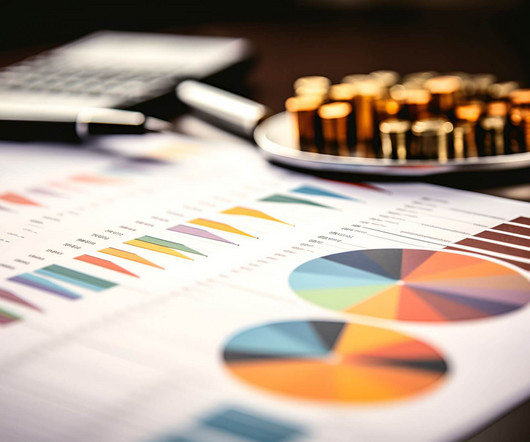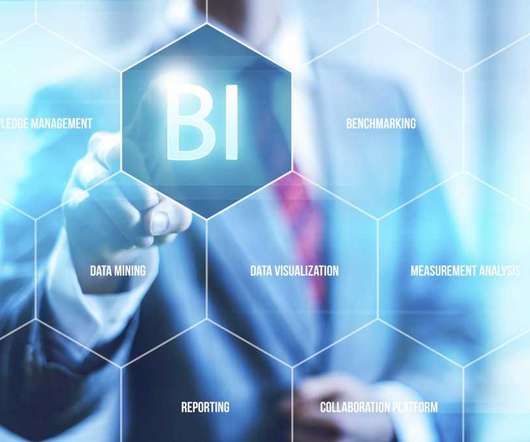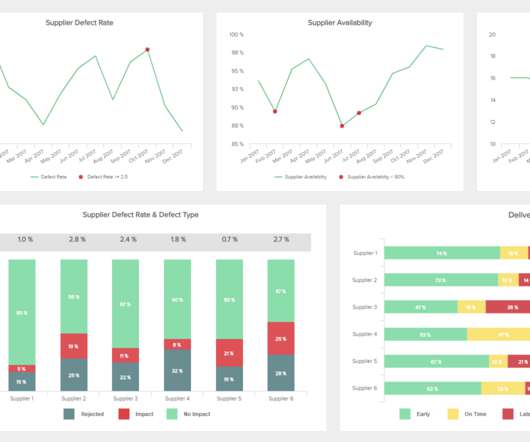Data science vs data analytics: Unpacking the differences
IBM Big Data Hub
SEPTEMBER 19, 2023
To pursue a data science career, you need a deep understanding and expansive knowledge of machine learning and AI. The data science lifecycle Data science is iterative, meaning data scientists form hypotheses and experiment to see if a desired outcome can be achieved using available data.













Let's personalize your content